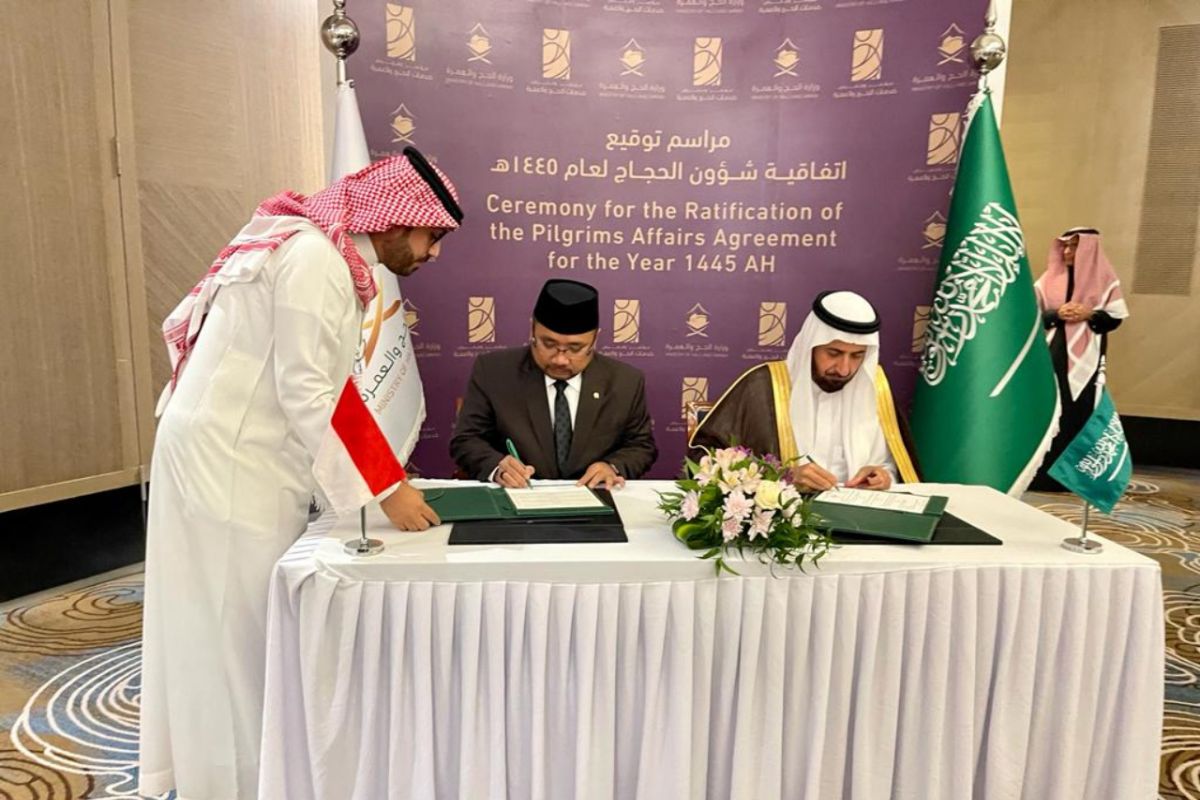Indonesia Surpasses China in Coal Consumption: A Deep Dive
In a surprising development, Indonesia has recently surpassed China in coal consumption, marking a significant shift in global energy dynamics. This surge is driven by various factors, including Indonesia’s rapid…







